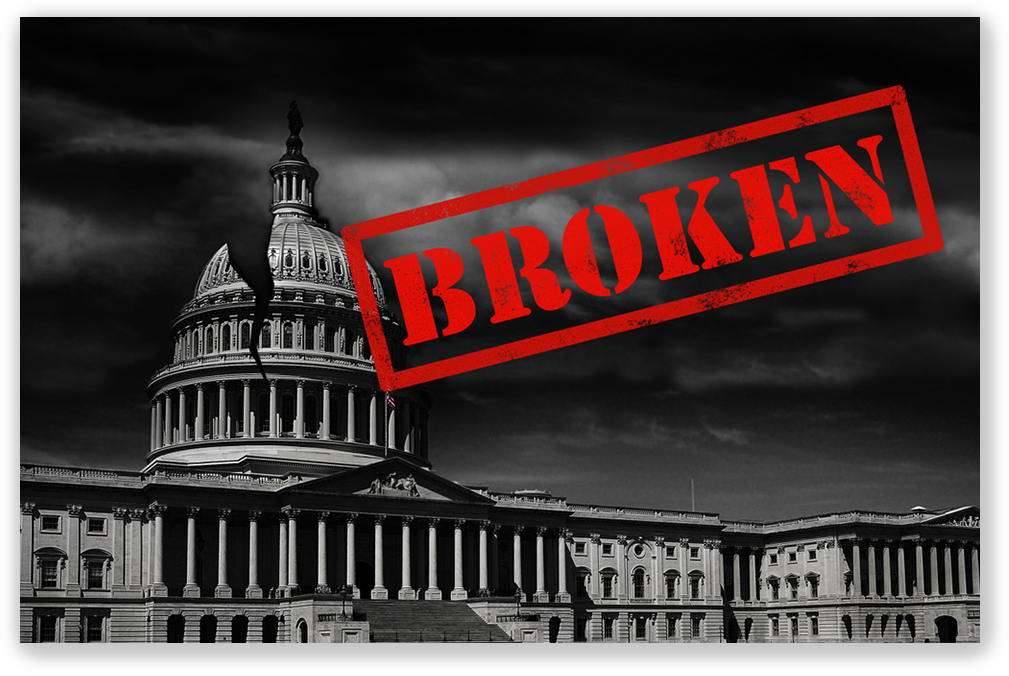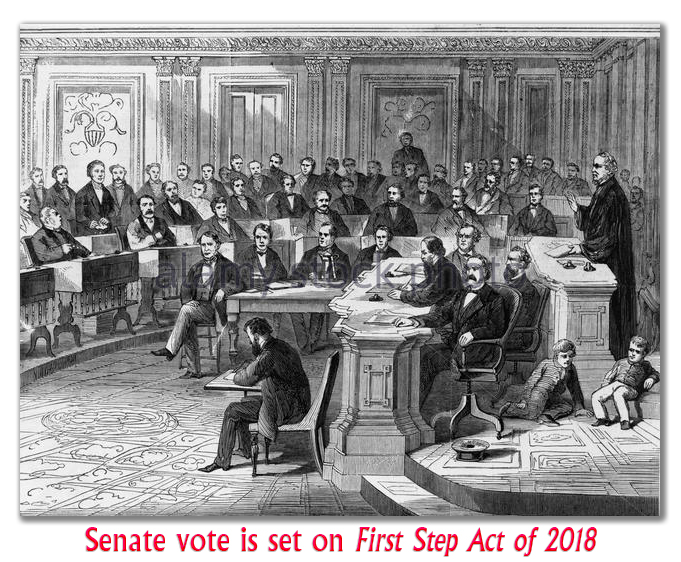We post news and comment on federal criminal justice issues, focused primarily on trial and post-conviction matters, legislative initiatives, and sentencing issues.

BIDEN PROMISES ON MARIJUANA HAVE SKEPTICS
 Marijuana reform got some billing in President Biden’s State of the Union (SOTU) speech last Thursday, as he highlighted (and perhaps overstated) his Administration’s actions toward pot reform.
Marijuana reform got some billing in President Biden’s State of the Union (SOTU) speech last Thursday, as he highlighted (and perhaps overstated) his Administration’s actions toward pot reform.
Biden noted that he has “direct[ed] my Cabinet to review the federal classification of marijuana” – an action begun in October 2022 and to be completed by the end of this year – and he claimed he is “expunging thousands of convictions for the mere possession because no one should be jailed for simply using or having it on their record.”
The sweep of Biden’s pardons is debatable. “While the pardons have symbolically forgiven convictions, they did not eliminate criminal records entirely,” the Green Mountain Report observed last week. “Additionally, these pardons have not impacted individuals currently serving sentences in federal prisons for marijuana-related offenses that exceed simple possession.”
“Biden made two promises on marijuana reform on the 2020 campaign trail—to decriminalize marijuana use and expunge records—and he has failed to deliver either,” Cat Packer, director of drug markets and legal regulation at the Drug Policy Alliance, said in a Friday response the SOTU. “Biden’s pardons haven’t released anyone from prison or expunged anyone’s records.”
 Reason magazine noted last week that “in 1972, the same year that Biden was elected to his first term in the US Senate, the National Commission on Marihuana and Drug Abuse recommended decriminalization of marijuana possession for personal use. It also recommended that “casual distribution of small amounts of marihuana for no remuneration, or insignificant remuneration, no longer be an offense.”
Reason magazine noted last week that “in 1972, the same year that Biden was elected to his first term in the US Senate, the National Commission on Marihuana and Drug Abuse recommended decriminalization of marijuana possession for personal use. It also recommended that “casual distribution of small amounts of marihuana for no remuneration, or insignificant remuneration, no longer be an offense.”
Fifty-two years later, we’re getting there but slowly. Federal marijuana trafficking cases declined yet again in 2023 as more states legalized the leaf, according to the USSC 2023 Sourcebook of Federal Sentencing Statistics, published last Tuesday. This continues a decade-long trend of pot prosecutions “dropping precipitously amid the state-level reform push and shifting federal enforcement priorities,” Reason said. In 2013, the Feds reported 5,000 cannabis-related prosecutions. Last year, there were under 800.
Last week, The Hill reported on a Pew Research Center finding that more than half of Americans live in a state where recreational marijuana is legal. A full 74% of Americans live in a state where marijuana is legal for medical use.
 Also last week, Senate Minority Leader Mitch McConnell (R-KY) announced he is stepping down from his leadership post in November. McConnell has earned a reputation as an anti-drug senator, despite his work pushing the First Step Act through the Senate and the legalization of hemp in the 2018 farm bill. He has been firmly opposed to even modest marijuana reform. Because the minority leader will run the Senate if his party flips the 51-49 chamber to a Republican majority, the person occupying that position is a hair’s breadth from being able to control what drug reform bills the Senate will take up.
Also last week, Senate Minority Leader Mitch McConnell (R-KY) announced he is stepping down from his leadership post in November. McConnell has earned a reputation as an anti-drug senator, despite his work pushing the First Step Act through the Senate and the legalization of hemp in the 2018 farm bill. He has been firmly opposed to even modest marijuana reform. Because the minority leader will run the Senate if his party flips the 51-49 chamber to a Republican majority, the person occupying that position is a hair’s breadth from being able to control what drug reform bills the Senate will take up.
Marijuana Moment, Biden Promotes Marijuana Reform In State (March 7, 2024)
Green Market Report, Biden touts cannabis policy changes in State of the Union (March 8, 2024)
Drug Policy Alliance, The Drug Policy Alliance Responds To The 2024 State Of The Union Address (March 8, 2024)
Reason, Biden’s Inaccurate and Inadequate Lip Service to Marijuana Reform Ignores Today’s Central Cannabis Issue (March 8, 2024)
US Sentencing Commission, 2023 Sourcebook of Federal Sentencing Statistics (March 5, 2024
The Hill, 79% of Americans live in a county with legal cannabis dispensary: report (March 4, 2024)
Marijuana Moment, Is Mitch McConnell Stepping Down Good For Marijuana Reform? It Depends Who Replaces Him (March 5, 2024)
– Thomas L. Root


























